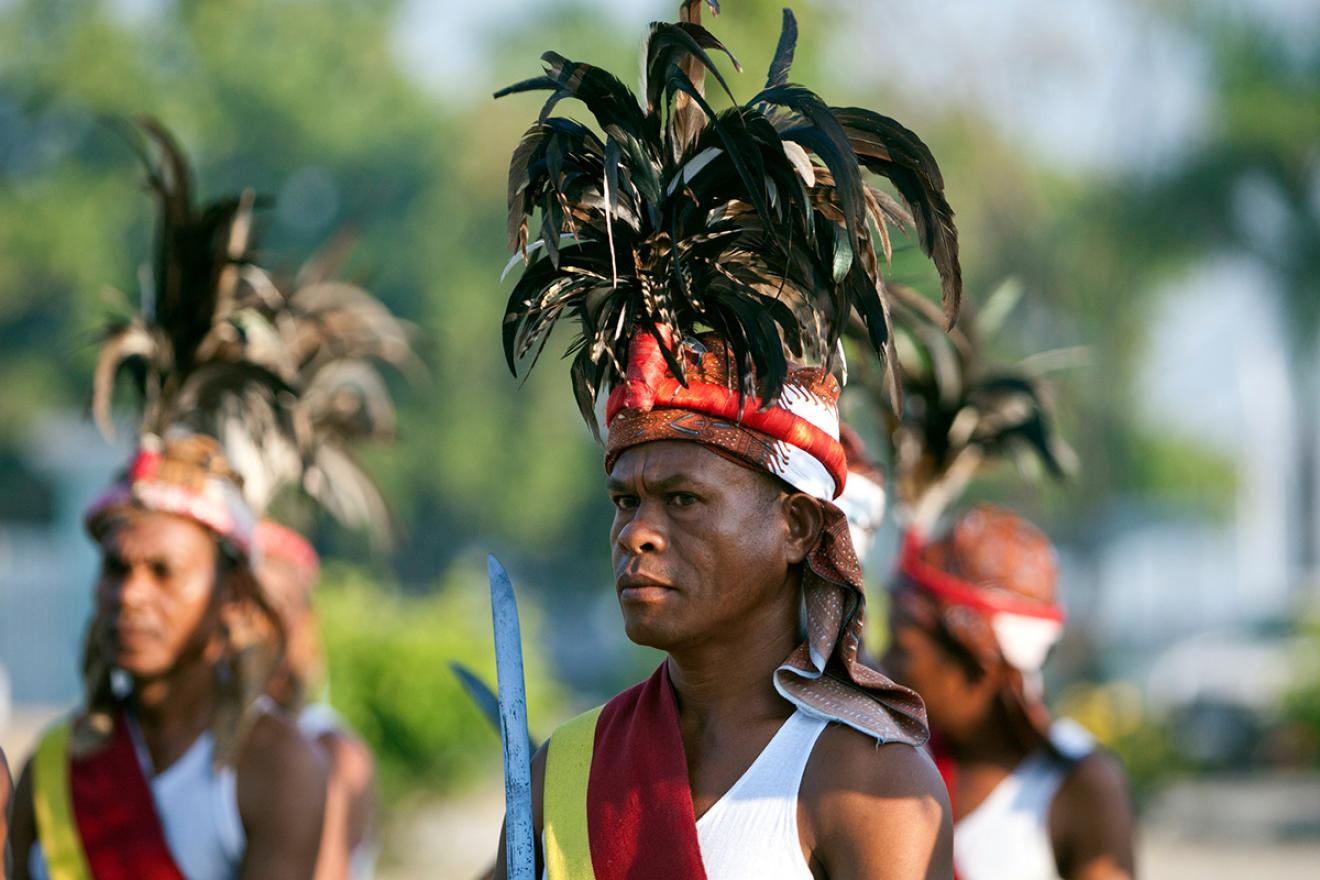
United Nations is observing “International Week of Solidarity with the Peoples of Non-Self-Governing Territories” from May 25 to 31. On December 06, 1999, the UN General Assembly called for the annual observance of the Week of Solidarity with the Peoples of Non-Self-Governing Territories. In UN Charter, a Non-Self-Governing Territory is defined as a Territory “whose people have not yet attained a full measure of self-government.”
Buy Prime Test Series for all Banking, SSC, Insurance & other exams
Aim of International Week of Solidarity with the Peoples of Non-Self-Governing Territories:
To take effective measures to protect and guarantee the inalienable rights of the people of the Non-Self-Governing Territories to their natural resources, including land. To establish and maintain control over the future development of those resources and request the administering powers to take measures to protect the property rights of the peoples in these Territories.
History of International Week of Solidarity with the Peoples of Non-Self-Governing Territories:
The United Nations General Assembly(UNGA) adopted the resolution A/RES/54/91 on 6th December 1999 and decided the annually observe the International Week of Solidarity with the Peoples of Non-Self-Governing Territories starting from May 25. The week was first observed in 2000.
Non-Self-Governing Territories:
According to the UN Charter, a Non-Self-Governing Territory is defined as a Territory “whose people have not yet attained a full measure of self-government.” UN Member States had identified a number of non-self-governing territories under their administration and enlisted them on the UN list in 1946. Countries that administer Non-Self-Governing Territories are known as administering Powers. However, because of the decolonization process, several territories were removed from the list.




 Which Country is the Largest Kidney Bean...
Which Country is the Largest Kidney Bean...
 What is the Capital of Saudi Arabia? Kno...
What is the Capital of Saudi Arabia? Kno...
 Project HANUMAN Launched to Address Grow...
Project HANUMAN Launched to Address Grow...








